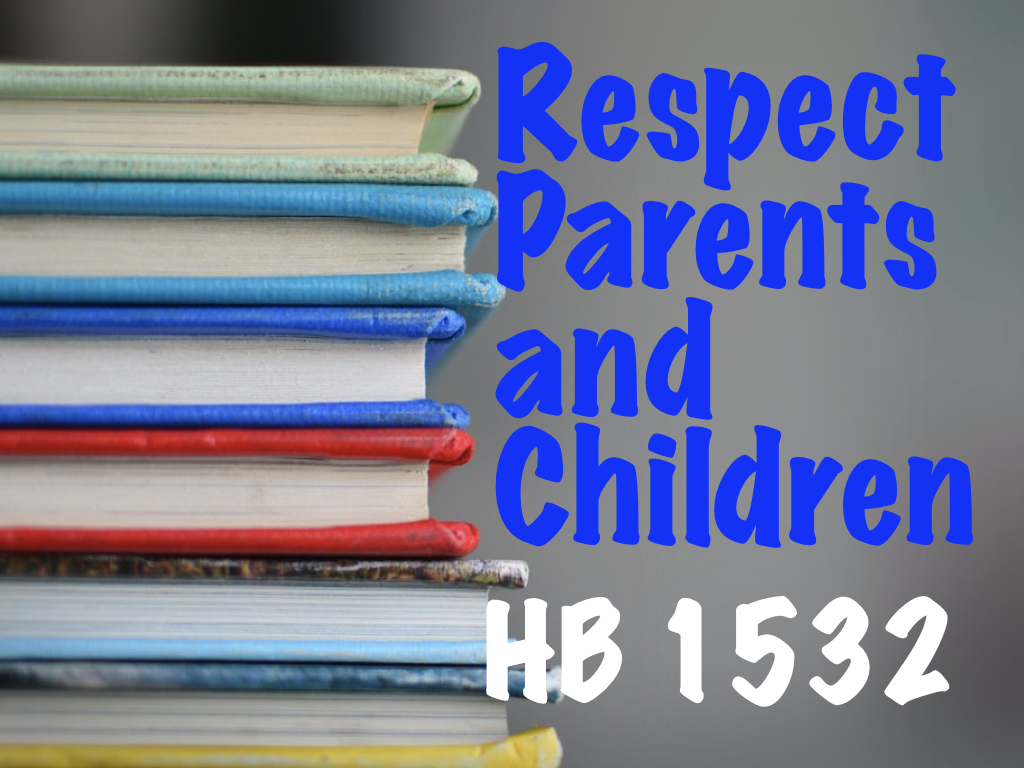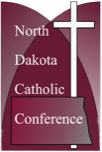
To: Senate Education Committee
From: Christopher Dodson, Executive Director
Subject: House Bill 1532 - Educational Reimbursement and Parental Choice
Date: March 14, 2023
The North Dakota Catholic Conference supports House Bill 1532.
All children have a right to state-supported education. This right is rooted in who we are as human persons and the obligations of the political community to concretely assist in the development of all children so that they can reach their full potential.
Parents, as the primary educators of their children, have a right to choose the best educational setting for their children.
The two rights are not mutually exclusive. Treating them as such by violates both the child’s and the parent’s basic human rights, and mostly hurts poorer families. These rights are so fundamental that the North Dakota Catholic Conference would support HB 1532 even if there were no Catholic schools in North Dakota.
House Bill 1532 respects both rights by allowing a parent to request that the school they freely chose for their child receive reimbursement for part of the child’s costs of education. It is constitutional, does not take money from public schools, and includes all the oversight, requirements, and accountability that go with operating a school in North Dakota and implementing the program. Calls for additional, irrelevant requirements have no merit.
House Bill 1532 is Constitutional
Opponents of parental choice will often cite Article VIII, Section 1, of the North Dakota Constitution. It states that “the legislative assembly shall make provision for the establishment and maintenance of a system of public schools which shall be open to all children of the state of North Dakota and free from sectarian control.” The provision does not prohibit parental choice programs. It merely says that there must be a system of public schools. House Bill 1532 does not affect this provision in any way.
The other constitutional provision often cited by opponents of parental choice is Article VIII, Section 5, which states: “No money raised for the support of the public schools of the state shall be appropriated to or used
for the support of any sectarian school.” This provision is often called the “Blaine Amendment.”
Of course, HB 1532 does not use “money raised for the support of the public schools,” but, more importantly, the time has come that we no longer give any credence to arguments appealing to the state’s Blaine Amendment.
After two opinions from the United States Supreme Court in 2017 and 2020 that found that state Blaine Amendments violated the First Amendment, state Blaine Amendments have been on life-support, at best. In 2022, the U.S. Supreme Court finished them off.
Do these decisions apply to North Dakota’s Blaine Amendment? On November 29, 2022, Attorney General Drew Wrigley issued a formal opinion answering that question in the affirmative. The opinion states: “the Blaine Amendment is not enforceable under United States Supreme Court case law” and “the United States Supreme Court has barred the state from enforcing its Blaine Amendment.” North Dakota’s Blaine Amendment is unconstitutional on its face.
House Bill 1532 Does Not Take or Divert Money from Public Schools
The appropriation for HB 1532 comes from the general fund, not public schools. Despite this clear language or, perhaps because of it, some argue that any money that does not go to public schools is money taken from the public schools. If we follow that logic, however, money this body appropriates for roads, human services, law enforcement, or anything else is taken from the public schools.
House Bill 1532 Does Not Mean the Schools Should Take Every Student
We have heard in opposition to HB 1532, that nonpublic schools are not required to take all students, as if this is somehow relevant to the bill. Others will comment on how nonpublic schools do take special needs students and could take more with HB 1532, but a few flaws of this argument are worth noting.
First, HB 1532 is not about public schools or nonpublic schools or which students they take. This bill is not about the schools at all. It is about the parents and their choice. The school is merely incidental to parents’ choice. There is no rational reason why the decision of a parent should trigger legal mandates on the school unrelated to the decision or the costs borne by the parent.
Second, if we follow the logic of the “take every student” argument, it would have to apply to every nonpublic school, including the Anne Carlson Center, Full Circle Academy, the school at the Dakota Boys and Girls Ranch, and the tribal affiliated schools. Such a policy would eventually undermine and destroy their ability to adhere to their missions and provide specialized educational services. Applying a “take every student” policy to just the religious schools, of course, would violate the U.S. Constitution.
Parental Choice and Reimbursement Should Not Trigger Unrelated Regulations
Another argument made by opponents is that HB 1532 should require nonpublic schools to follow every regulation and law applicable to public schools as if nonpublic schools were government institutions from top to bottom.
Here again, there is no rational reason why the decision of a parent should trigger legal mandates on the school unrelated to the decision or the reimbursement. Every nonpublic school already meets every requirement for operating as a school in North Dakota. HB 1532 includes whatever oversight, open records requirements, and rules that are necessary to implement the legislation. There is no rational reason to apply additional requirements appropriate to a government institution to a nonpublic school merely because a parent is reimbursed for services provided by that school. According to that logic, all the state’s hospitals and clinics, Catholic Charities, and Village Family Services should be turned into government institutions merely because the state reimburses them for provided services.
HB 1532 Does Not Hurt Rural Public Schools
We have already established that HB 1532 does not take any funding from public schools, including rural public schools. Despite this fact, some opponents of HB 1532 argue that this body should defeat the bill merely because rural areas do not have nonpublic schools. This, of course, is patently untrue. Nonpublic schools operate in Rugby, Langdon, Valley City, Belcourt, Fort Yates, Fordville, Fort Totten, and Dunseith.
Moreover, if you follow the logic of this appeal, we should not fund anything that might, as a result of where people live, benefit one area more than another. According to this thinking, we should not fund English Learner programs because 76% of those students live in urban areas. Parental rights and children’s rights to education should not depend on where they live.
House Bill 1532 does not negate the state’s constitutional obligations to public schools. It does not violate the state constitution. It does not violate the federal constitution. It does not take any money from public schools. It does not require adding any more requirements to the bill. Instead, it respects the rights of parents and children and strengthens education in North Dakota.
We urge a Do Pass recommendation on House Bill 1532.
1 Please read the filed testimony of Monsignor Chad Gion, pastor of the Catholic Indian Mission in Fort Yates, North Dakota. Available at: https://ndlegis.gov/assembly/68-2023/testimony/ SEDU-1532-20230314-24343-F-GION_CHAD.pdf and attached to this testimony.
2 Trinity Lutheran Church of Columbia, Inc. v Comer, 137 S.Ct. 2012 (2017); Espinoza v. Montana Dept. of Revenue, 140 S.Ct. 2246 (2020).
3 Carson v. Makin, 142 S.Ct. 1987 (2022).
Testimony on HB 1532, Page 4
4 North Dakota Attorney General Opinion 2022-L-07. (Attached to this testimony.)
5 To the extent that any non-religious nonpublic school, such as the Anne Carlsen Center, receives any state funding, the amendment is also unconstitutional as applied.
What We Do
The North Dakota Catholic Conference acts on behalf of the Roman Catholic bishops of North Dakota to respond to public policy issues of concern to the Catholic Church and to educate Catholics and the general public about Catholic social doctrine.

Contact Us
North Dakota Catholic Conference
103 South Third Street, Suite 10
Bismarck, North Dakota
58501
1-888-419-1237
701-223-2519
Contact Us

